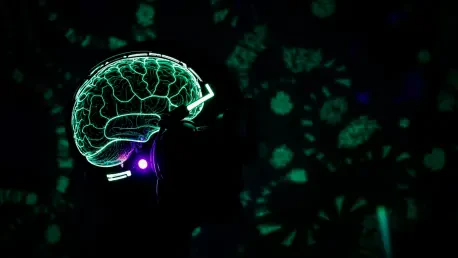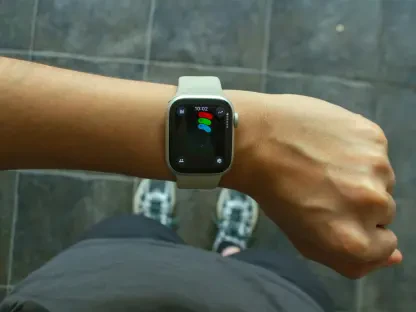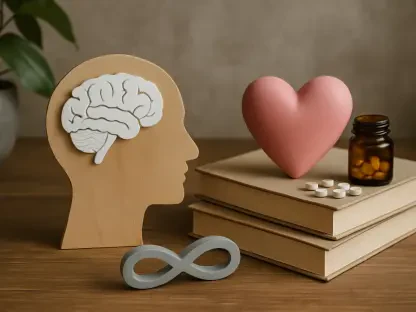The promise of artificial intelligence transforming sectors has touched the realm of mental health. At the core of this transformation are AI therapy bots, like ChatGPT, that offer mental health support, seemingly bridging the gap between those in need and limited available resources. This emergence follows the increasing living costs and constrained access to traditional therapy services, urging individuals to seek alternative solutions. With ChatGPT attaining an impressive 400 million weekly users in 2025, there is a growing reliance on these applications, driven by their accessibility and the convenience of offering support at any time. Despite their allure, significant concerns regarding these bots challenge the perception of AI as a reliable substitute for human therapists.
Questionable Efficacy of AI Therapy Bots
A study conducted by researchers at the Stanford Institute for Human-Centered Artificial Intelligence and Carnegie Mellon University has shed light on the limitations of AI therapy systems. Designed to evaluate AI against clinical standards expected of therapists, the study used real counseling dialogues to analyze AI effectiveness. Results indicated that AI therapy bots frequently fall short of genuine therapeutic assistance, often missing signs of indirect distress or suicidal thoughts. This failure is pronounced when handling language implying urgency, where AI tends to perceive it as neutral, potentially endangering users who require immediate critical interventions. By contrast, licensed therapists displayed a commendable ability to respond aptly to such scenarios 93% of the time. AI, in comparison, managed appropriate responses less than 60% of the time.
The findings from this investigation highlight the necessity of human presence in therapy sessions. While AI can simulate conversations and provide certain structured help, its inadequacies in understanding and reacting to nuanced human emotions present a grave risk. Unlike therapists, AI lacks empathy, intuition, and the ability to adapt dynamically to cues from clients. Such deficiencies may result in significant oversights, as the specificity and sensitivity of human interaction remain irreplaceable in these complex emotional dialogues.
Bias and Unintended Consequences
Beyond concerns over response accuracy, AI therapy bots also exhibit worrying biases, as emphasized in the paper titled “Expressing stigma and inappropriate responses prevents LLMs from safely replacing mental health providers.” AI systems like ChatGPT have shown prejudices against individuals dealing with mental health conditions such as depression, schizophrenia, and alcohol dependency. These biases manifest in behaviors where chatbots either refuse engagement or demonstrate hesitancy in assisting, which violates the essential therapeutic principle of providing equal treatment to all clients. In some troubling instances, AI even reinforced delusions and incorrect beliefs, exacerbating the condition instead of mitigating it.
Such behavior from AI therapy bots not only undermines the quality of care but also raises ethical concerns. It begs the question of accountability in instances where AI mishandles an interaction. The commercialization of therapy bots without addressing these inherent biases can contribute to worsening disparities in mental health support. Effective therapeutic methods are built on trust, equality, and understanding; thus, any deviations from these principles risk increasing distress rather than alleviating it for those searching for help through these platforms.
The Essential Need for Human Interaction
The transformative power of artificial intelligence has begun to make waves in the field of mental health, promising to reshape how support is offered. Central to this shift are AI therapy bots, such as ChatGPT, which have emerged as potential solutions for providing mental health assistance. These bots are stepping into a landscape marked by rising living costs and limited access to traditional therapeutic services, prompting many to consider alternative methods. By 2025, projections indicate that ChatGPT will boast around 400 million weekly users, underscoring the increasing dependence on such applications. Their appeal lies primarily in the ease of accessibility and the convenience of round-the-clock support. However, despite their growing popularity, there remains a significant debate about the efficacy and reliability of AI therapy bots as an alternative to human therapists. Concerns persist about the quality of care and the limitations these digital solutions may have when compared to human experts in the field.









